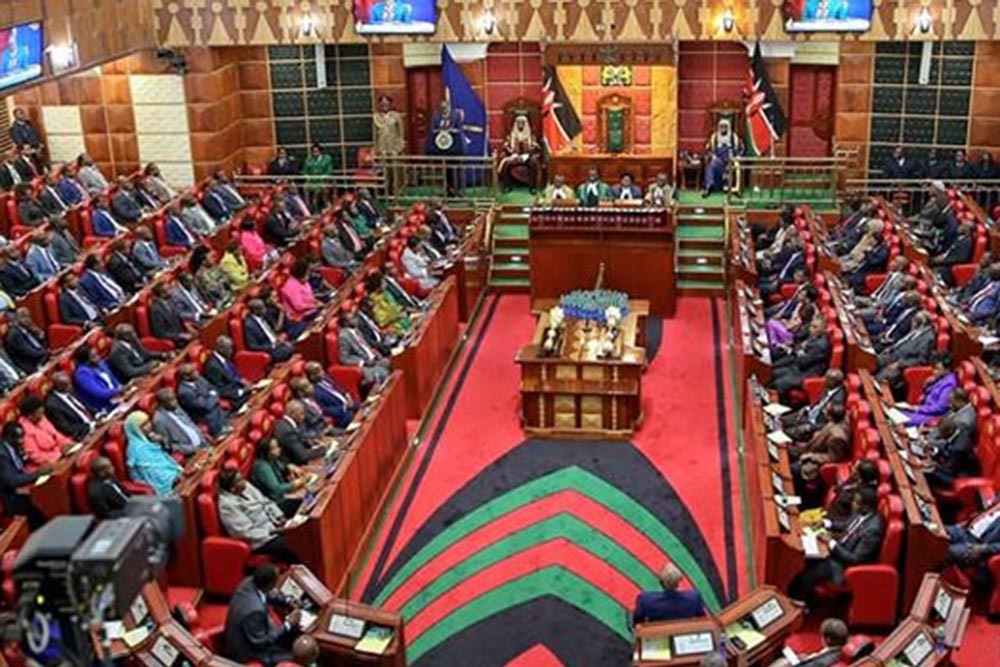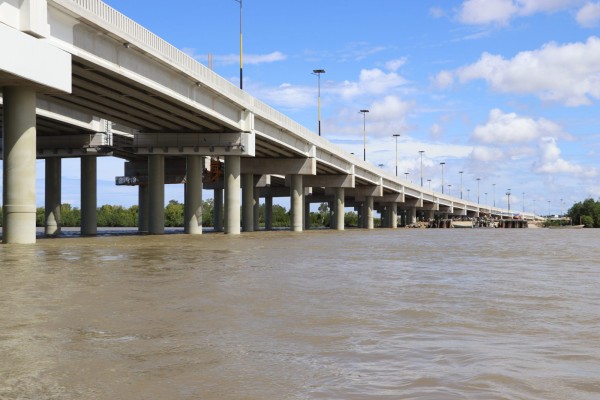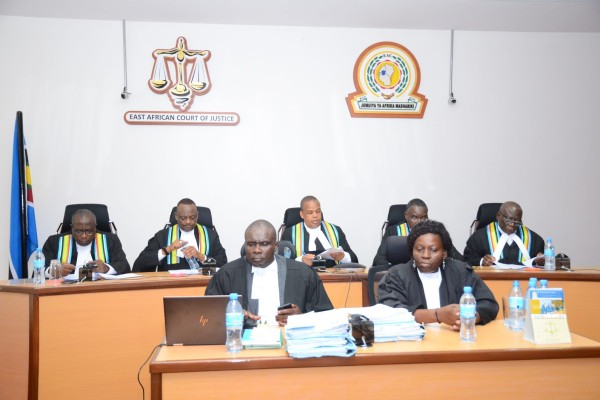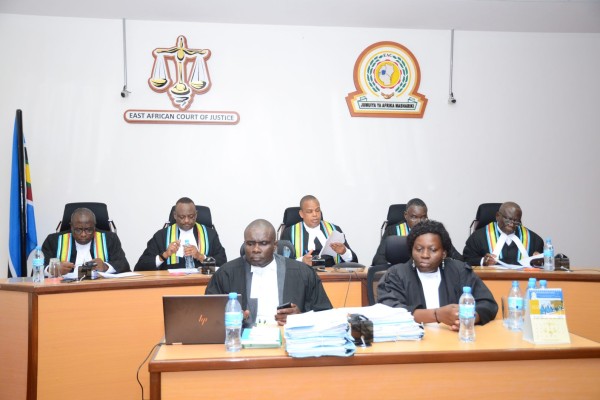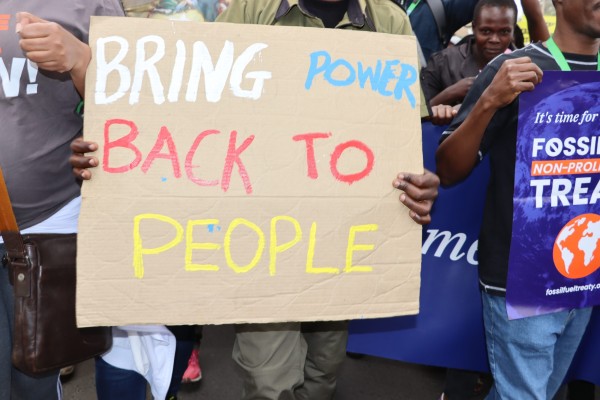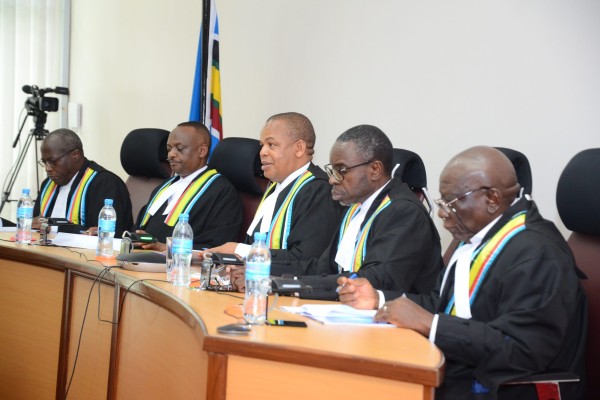In a bid to spur Kenya’s economic growth, the Government of Kenya has formulated a development agenda for the years 2017-2022, referred to as the Big Four. One of the Big Four pillars is manufacturing, with the hopes of increasing its share in the national economy from 9.2% in 2017 to 20% in 2022. Mining, Oil and Gas fall under this pillar and, thus, the Government is currently taking measures to put a policy and regulatory system in place to support the sectors growth.
To provide a brief background, in 2015/2016 the Energy and Petroleum Bills passed through both houses of Parliament, a mediation committee and were presented to the President. The President chose not to assent the Bills but sent them back to the Parliament with a memorandum highlighting issues to be addressed. The main issue cited related to the revenue sharing formula and the percentages to be awarded to County Governments and local communities. Soon after, the 11th Parliament was adjourned due to the general election but were recently reintroduced in the 12th Parliament. As of March 2018, the Bills are at the committee stage of the National Assembly.
The Petroleum Bill governs the entire spectrum of petroleum (oil and gas) extraction in Kenya. Its sections regulate exploration, production, development and decommissioning of oil and gas extraction activities. An updated law is required as the incipient Kenyan oil and gas sector is currently regulated by the outdated Petroleum (Exploration and Development) Act of 1984.
On the other hand, the Energy Bill 2017 seeks to achieve five main goals: to regulate the energy sector by delineating the sectorial functions of the National and County Government; provide for the promotion of renewable energy; regulate geothermal energy; regulate the midstream and downstream operation of the coal and petroleum sectors; and regulate the production and supply of electricity.
Natural Justice, the Kenya Civil Society Platform on Oil and Gas, the Kenya Oil and Gas Working Group and Save Lamu submitted both oral and written comments on both Bills. Natural Justice’s submissions can be accessed here. Our submissions focused on public participation, environmental safeguards and conformity with existing law.
Submissions relating to public participation and access to information were consistent in both the Energy and Petroleum Bills. In Clause 58 of the Petroleum Bill, there is a suggestion to ensure that both houses of parliament give the public 30 days within which to give their views. The importance of access to information on the activities of the government and extractive companies was reiterated in submissions on the Petroleum Bill (Clause 48 & 51) and the Energy Bill (Clause 79 & 133).
Regarding environmental protection, the roles of the National Environment Management Agency and the National Land Commission relating to ecologically sensitive areas was highlighted (Petroleum Bill Clause 9 & Energy Bill Clause 107). In Clause 117 (1) of the Energy Bill, there is a push to ensure that the Environment Deposit Bond is mandatory to ensure that there are adequate financial resources to cater for the containment of accidents.
With regards to conformity with other written law, we provided the example of ratification of agreements. Clause 58 (5) of the Petroleum Bill, 2017 allows for the automatic ratification of production sharing agreements if parliament does not make a decision within 90 days. On page 6 of our submissions, we proposed that there ought to be conformity with Article 71 (1) (a) which states:
A transaction is subject to ratification by Parliament if it –
- involves the grant of a right or concession by or on behalf of any person, including the national government, to another person for the exploitation of any natural resource of Kenya; and
As of April 2018, the National Assembly has proceeded with the Third Reading of the Bills. Once the Bills are passed by the National Assembly, they shall be transferred to the Senate for passage before being tabled to the President for assent. We shall keenly track which recommendations are accepted and further advocate for those which are important but have not been included.

